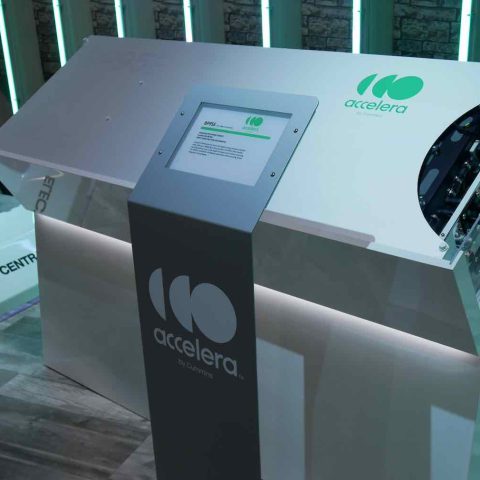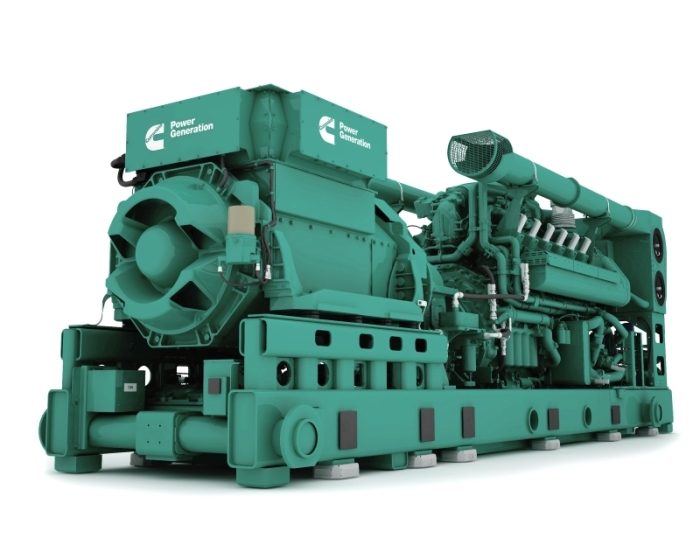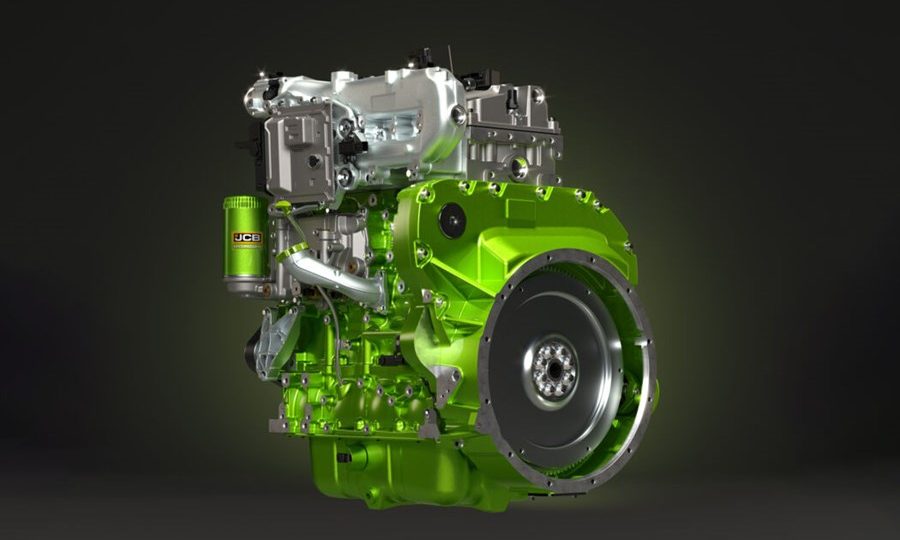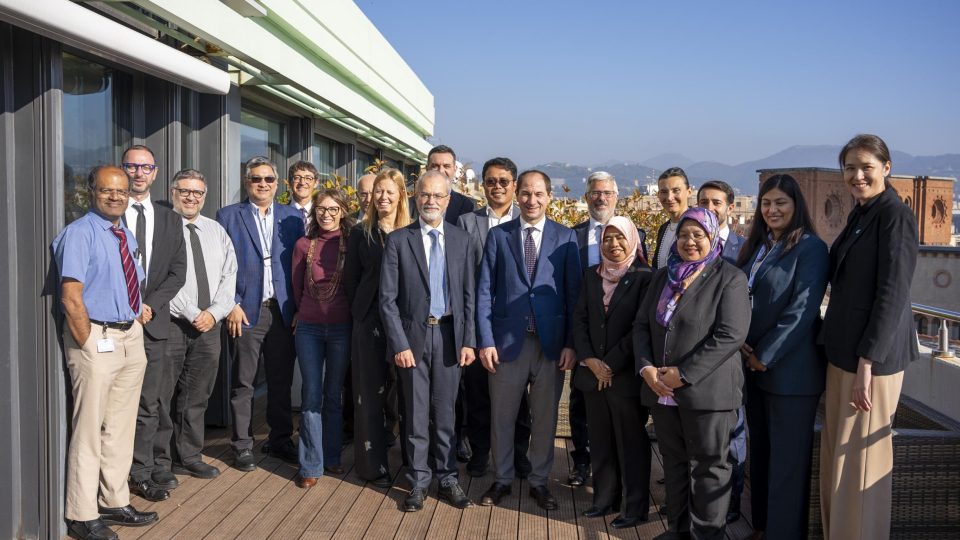2024: one year of achievements for Accelera
2024 has been a year of significant progress for Accelera. From launching groundbreaking new products to forging impactful partnerships and setting world records, the drive for innovation has positioned Accelera as heroes in the clean-energy transition.

2024 has been a year of significant progress for Accelera. From launching groundbreaking new products to forging impactful partnerships and setting world records, the drive for innovation has positioned Accelera as heroes in the clean-energy transition.
5 new products
- FCE150 – Second-generation 150kW fuel cell engine designed for on- and off-highway or stationary power.
- FCE300 – Second-generation 300kW fuel cell engine ideal for heavy-duty on-highway applications.
- BP104E – Next-generation lithium iron phosphate (LFP) flexible battery platform that’s highly modular and can adapt to different customer needs, providing superior life performance and fast charging capabilities.
- iBCR – Integrated brake chopper resistor for enhanced braking, improved safety and durability.
- 14Xe – Next-gen eAxle touts increased energy efficiency and versatility, and is designed to accommodate increased torque, power and battery voltage requirements.
This year, Accelera unveiled several next-generation products that are set to revolutionize the commercial vehicle industry. At the Advanced Clean Transportation (ACT) Expo in May, the company introduced its latest hydrogen fuel cell engines, a high-efficiency eAxle, and next-generation batteries.
At September’s IAA Transportation, Accelera launched the integrated brake chopper resistor (iBCR), which enhances the performance and safety of electric commercial vehicles by harnessing regenerative braking and optimizing energy management. It improves braking efficiency, reduces maintenance, and meets European regulatory standards, ensuring that customers can rely on Accelera’s zero-emissions technology for the most demanding applications.
4 milestones
- In February, Florida Power & Light Company completed the Cavendish NextGen Hydrogen Hub – which utilizes a 25-megawatt (MW) electrolyzer system from Accelera – and began operation, blending hydrogen with natural gas to provide clean energy solutions. This project showcases the versatility of the electrolyzer technology and its potential to support decarbonization of electricity production in the power sector.
- In August, Accelera partnered with Werner Final Mile to deliver a 26-foot electric delivery truck for Bob’s Discount Furniture. Powering last-mile delivery trucks with electric components reduces carbon emissions and can be seamlessly integrated into existing logistics operations, providing a cleaner and more efficient solution for urban deliveries.
- In May, Accelera announced plans to launch a battery electric powertrain for Isuzu’s F-series in North America. The medium-duty truck is expected to be available beginning in 2026 and features the Accelera next-generation LFP battery technology for safe and reliable zero-emissions solutions for customers.
- In March, they announced a partnership with Chevron to supply a 5 MW electrolyzer system for their solar-to-hydrogen production project in California – a major step toward scaling hydrogen infrastructure in the U.S. Accelera’s electrolyzer system will generate over 2 tons of hydrogen per day, which is enough to fuel 80 freight trucks up to 600 miles.
3 investments in the future
- Amplify Cell Technologies, the joint venture with Accelera, Daimler Truck and PACCAR, broke ground on its new battery cell manufacturing plant in June in Marshall County, Mississippi. The $2-3 billion investment will create over 2,000 jobs and produce LFP battery cells for electric commercial vehicles. The facility, set to begin production in 2027, aims to localize the battery supply chain and support the transition to zero-emissions technologies.
- Accelera opened a new electrolyzer manufacturing plant in Guadalajara, Spain, designed to advance Europe’s transition to a clean hydrogen economy. The facility began production in April and will produce 500 MW of electrolyzers annually, scalable to over 1 gigawatt (GW). It features advanced energy-efficient technologies and will create up to 200 jobs, positioning Spain as a key hydrogen hub in Europe.
- In July, Accelera was awarded a $75 million grant from the U.S. Department of Energy (DOE) to convert 360,000 square feet of its Columbus Engine Plant in Indiana for zero-emissions manufacturing. The project, matched by Cummins for a total investment of $150 million, will expand production of battery packs, electric powertrain systems and other electric vehicle components, and create approximately 250 full-time jobs.









